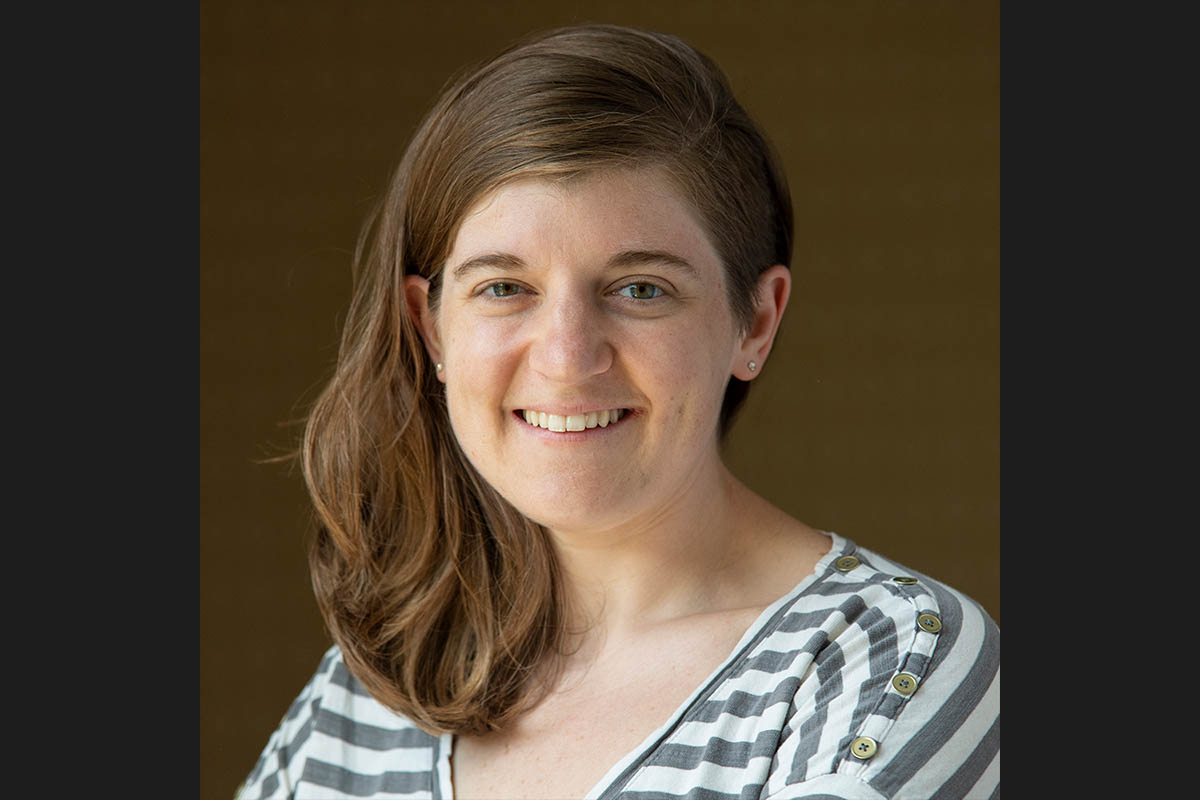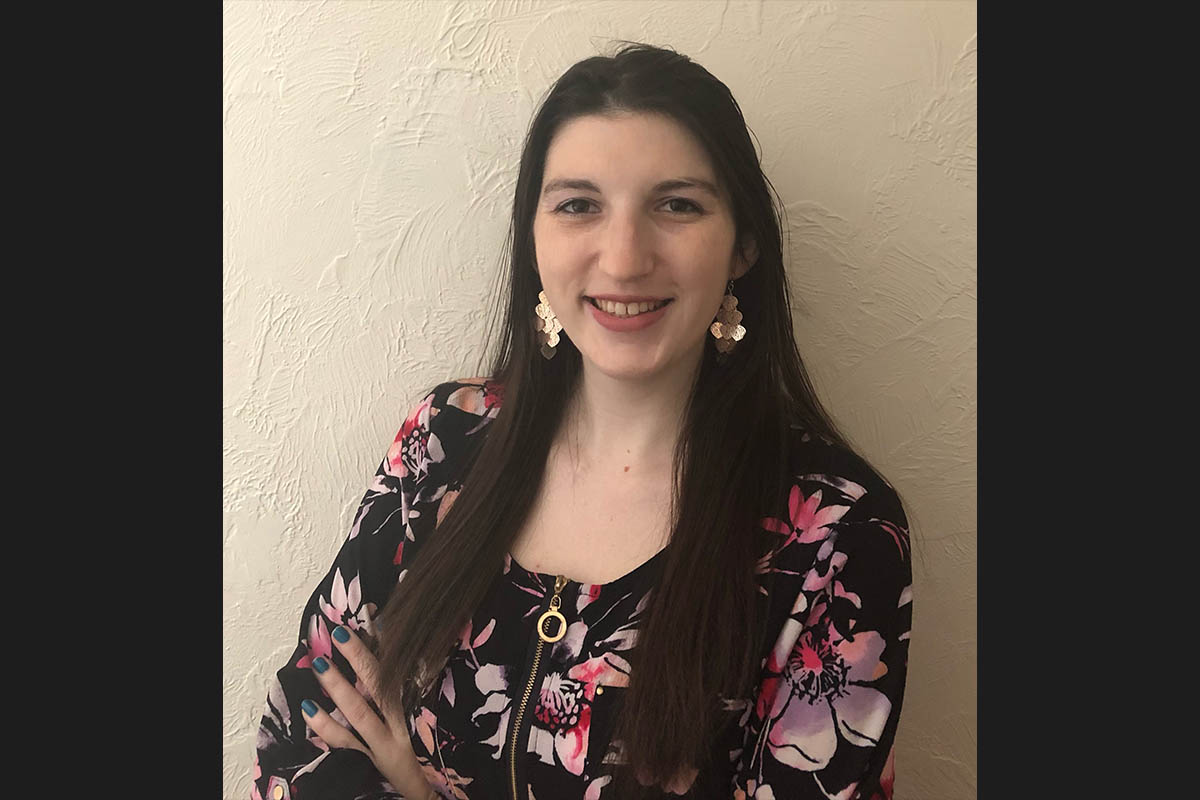Point Park Alumna and Student Pass National Public Relations Exam Friday, February 11, 2022
"I had no doubt that Point Park gave us a strong foundation upon which to build careers in public relations. However, since my goal while earning my master’s degree was to transition from a journalism to public relations career, passing the exam really solidified my confidence. I can say for certain that as a Point Park student, I learned and retained the skills I needed to succeed."
Point Park University's Stacey Federoff '21 and Meghan Macioce '19 '22 recently passed the Certificate in Principles of Public Relations exam from the Public Relations Society of America (PRSA).
"This is the first time, I believe, that anyone from our program has taken and passed this high-level national exam," said Camille Downing, M.A., lecturer. "Stacey and Meghan are two of our brightest graduate students who studied hard, at Point Park and afterward for this exam, and passed with flying colors."
Learn more about how Point Park prepared Federoff and Macioce for the PRSA exam.
What is the Certificate in Principles of Public Relations exam from PRSA?
SF: The certificate is designed to show that young public relations professionals have a firm grasp on the fundamentals of the field, so that a future employer knows that they have what it takes to be successful. The test is meant for college seniors and recent graduates, a sort of first step for the accreditation program, which allows a public relations practitioner to use APR or Accredited in Public Relations after their names as an official professional title.
What steps did you take to prepare for this high-level national exam?
SF: I came across the test on the national PRSA website, since I’m a board member for the Pittsburgh chapter. I was finishing my master’s degree at Point Park at the time, so I figured that the exam would help show my proficiency and help my resume stand out. While I was considering it, I knew that it would be better to study together with someone in order to stay accountable. Meghan and I met in our classes together and got to know each other through the Graduate Student Association. I knew she would be the perfect person to face an academic and career-related challenge like this with me.
MM: First, we met with Camille Downing and asked her if she would be our advisor for the exam. After that, several months ahead of time, we set a date and registered through PRSA, downloaded the study guide, and obtained the proper textbooks for the exam. We also met with Michele Papakie, who serves as the PRSA Pittsburgh Accreditation Lead, who helped ease some of our exam worries.
What does it mean to you to have passed the exam?
MM: For me, it means that all the studying and classes I took at Point Park really paid off. There’s always some nervousness when taking a standardized exam such as this and it helped me solidify that I belong in public relations.
SF: Often as Meghan and I were studying together, we’d recall learning concepts and processes mentioned in the study guide through our public relations classes in the School of Communication, particularly those with Jenna Lo Castro, Camille Downing and Bob O’Gara — especially the Principles of Public Relations and Integrated Marketing and Communications classes.
How will passing this exam help you advance in your career?
MM: This certificate is a great addition to my resume and conversation piece when interviewing with prospective employers. It confirms my abilities and knowledge of the industry as well. It also allows me to take the first step in hopefully completing my Accreditation in Public Relations in the next few years.
SF: The same goes for me, wanting to eventually work toward the APR. I had no doubt that Point Park gave us a strong foundation upon which to build careers in public relations. However, since my goal while earning my master’s degree was to transition from a journalism to public relations career, passing the exam really solidified my confidence. I can say for certain that as a Point Park student, I learned and retained the skills I needed to succeed.
Why would you encourage fellow graduate or undergraduate students to take this exam?
SF: If you’re not a good standardized test-taker, it might not be worth the extra effort — but if you want to prove that you can apply what you’ve learned in acquiring your degree, then the extra challenge (set within the six months before or after graduation), could be a good fit for you.
MM: I suggest taking the exam if you want to add another certification to your resume. This will definitely make you stand out when applying for jobs or internships and it shows you have taken the initiative to take this exam.




